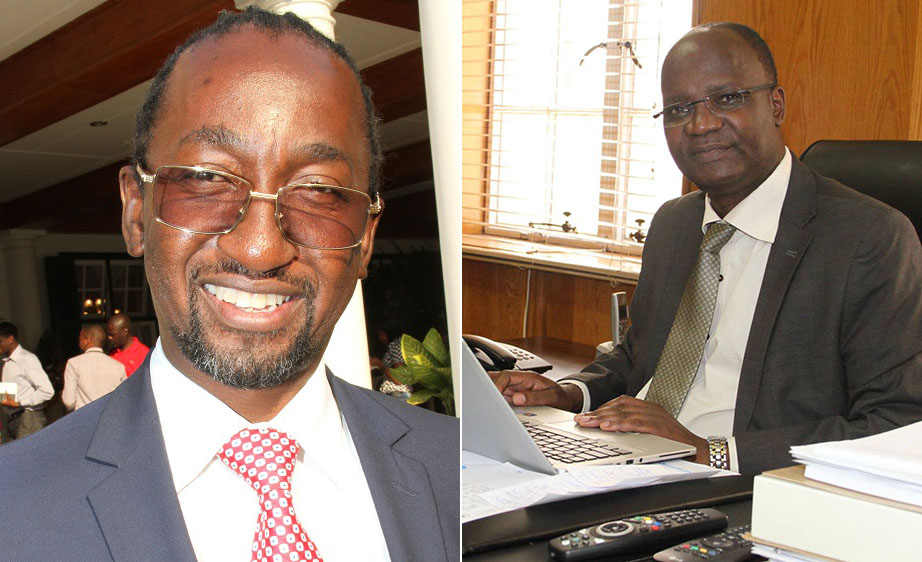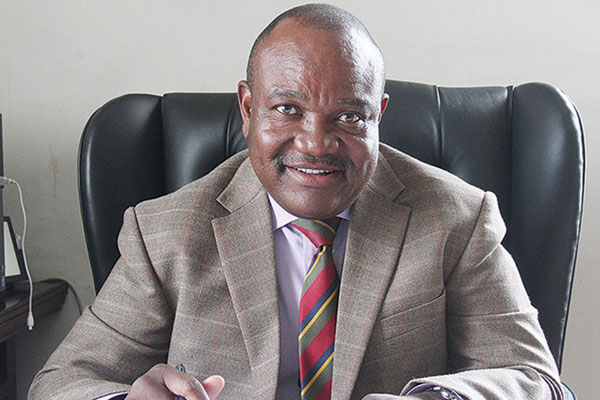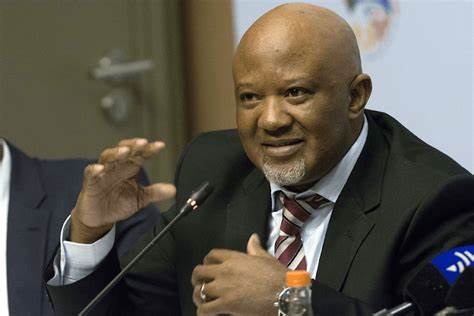Dear Zanu PF Comrades,
Revolutionary greetings.
Between 2018 and 2020 – on the back of the 15 November 2017 military coup that ousted President Mugabe and his government from power and violently targeted us and other comrades linked with the so-called G40 – we associated ourselves and used the hashtag ‘Zanu PF Must Go’ (#ZanuPFMustGo), in our public messaging and communication.
Whereas we stopped using the hashtag and disassociated ourselves from it quite some time back, it is our considered judgment that we owe you a long overdue apology for having used the hashtag and for having associated ourselves with it, in the first place.
Accordingly, and on this day of 15 November 2022, we hereby apologise to all of you Comrades most sincerely and with profound regret for our wrong use of – and ill-advised association with – the hashtag ‘Zanu PF Must Go’ (#ZanuPFMustGo).
While it is common cause that the protracted public differences we had with other leaders in the party and the government became irreconcilable to the point where military force was used to target us with our families, and to overthrow the late former President Robert Mugabe and his government; and whereas that use of miliary force was unconstitutional and set a dangerous governance precedence in the country and elsewhere across the Continent, we have come to the full realisation and conclusion that those unfortunate developments and their tormenting consequences on us did not – and do not – justify our use of and association with the hashtag ‘Zanu PF Must Go’ (#ZanuPFMustGo); which clearly targeted not those who had tormented us but also all of you, as members of Zanu PF.
For whatever it is worth, we supported Nelson Chamisa in the 2018 general election and well after that, but we did not at any time in that process ever seek to join his then MDC-A or his new CCC. As President Mugabe best put it ahead of the 2018 harmonised general election, “there was no one else to support”, given the political dynamics that were at play at the time.
We hoped in vain that Chamisa would break barriers and forge a new platform on which a cross section of citizens straddling the political divide could converge, based on Zimbabwe’s founding values and principles stipulated in section 3 of Zimbabwe’s Constitution.
Otherwise, as would be recalled, our concerns prior to 15 November 2017 – and indeed since then as is readily evident from our contributions to open debate in the public domain – revolved around the need to address the following issues:
♦ The need to do away with entitlement in favour of merit, while recognising the selfless sacrifices of the nationalist leadership of our independence and freedom fighters of the liberation struggle.
♦ The need to disassociate Zanu PF from political violence, given the party’s history as the vanguard of Zimbabwe’s liberation struggle and heroic independence achieved in 1980.
♦ The need to eradicate impunity in Zanu PF’s internal workings and structures, our national politics and public affairs in favour of professionalism and accountability.
♦ The need for inclusive party and national politics that eschews ethnicity, racism, regionalism, sexism and ageism.
♦ The irreversibility of Zimbabwe’s historic land reform and the formulation of comprehensive strategies for its full, efficient and productive utilisation to drive the national economy.
♦ The unapologetic pursuit of economic indigenisation and youth empowerment to transform the material and living conditions of Zimbabweans.
♦ The provision of regular and affordable electricity to households, communities, institutions, organisations, commerce and industry.
♦ The pursuit of targeted and time-framed industrialisation and modernisation of Zimbabwe through the teaching and application of Science, Technology, Engineering and Mathematics (STEM); and the funding of cutting-edge techno-startups, nationally and offshore.
♦ The promotion of Zimbabwe’s founding values and principles that are enshrined in section 3 of Zimbabwe’s new Constitution adopted through a national referendum in 2013.
♦ The holding of free, fair and credible party and national elections.
While we acknowledge that we apparently but unintentionally stepped on some toes when we raised the above listed issues, or because of the manner we raised them, we believe now as we did before 15 November 2017 that the issues that we listed above are critical to and for our country’s survival and prosperity; and that, as such, these issues are open-ended and are thus best addressed through continuous non-violent discussion and debate.
As we tender our apology to you Comrades, we do so fully aware that there is no alternative political formation in Zimbabwe that: (a) recognises, values and appreciates the liberation struggle that gave way to the country’s independence, and that (b) is also guided and informed by the genuine patriotic and nationalistic values and principles that shepherded Zimbabwe’s liberation struggle.
It is our considered view that Zimbabwe needs political formations that not only subscribe and adhere to the letter and spirit of the 2013 Constitution of Zimbabwe – which emerged from a people driven process with a 94.5 percent yes vote in the 2013 referendum – but which also are anchored in and driven by the pursuit of Zimbabwe’s public and national interests.
In the same vein, we believe that Zimbabwe needs political formations that address the livelihood concerns, needs and requirements of the country’s two critical socio-economic identities, namely (1) new farmers (communal, A1 and A2), and (2) vendors in urban centres, growth points and business centres (including civil servants and the few private sector workers).
With the foregoing in mind, it is clear for anyone to see that those pushing the #ZanuPFMustGo mantra have no ideological content beyond the hashtag. In our view, the quest to keep or seek power for its own sake is inimical to both the public and national interests.
In the circumstances, our association with the ‘#ZanuPFMustGo’ hashtag was ill-advised and wrong for the reasons that we have documented herein; and that is why we dropped the use of and association with that hashtag more than a year ago, hence the apology we are happy to tender to you all Zanu PF members.
Comradely, Comradely,
Jonathan Moyo Patrick Zhuwao
15 November 2022 15 November 22
















